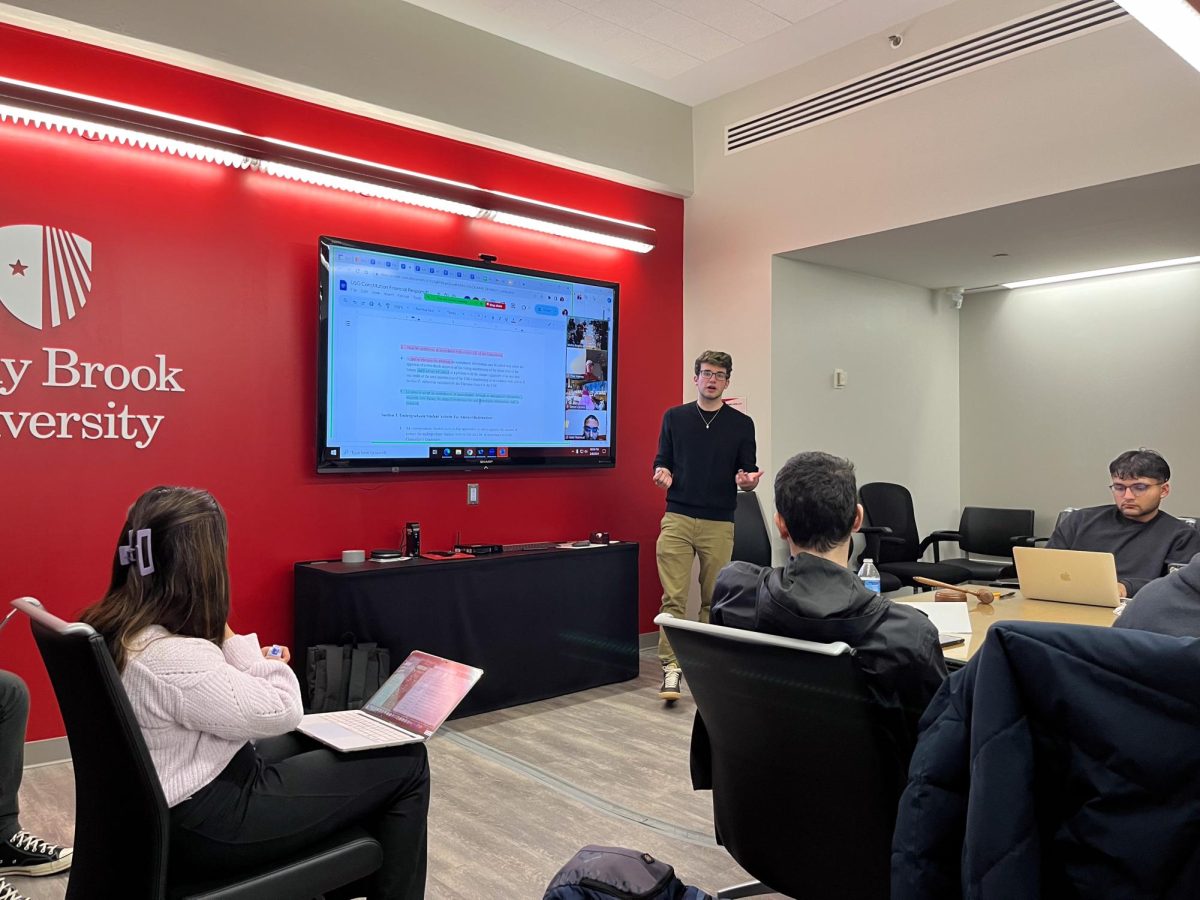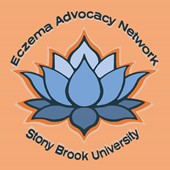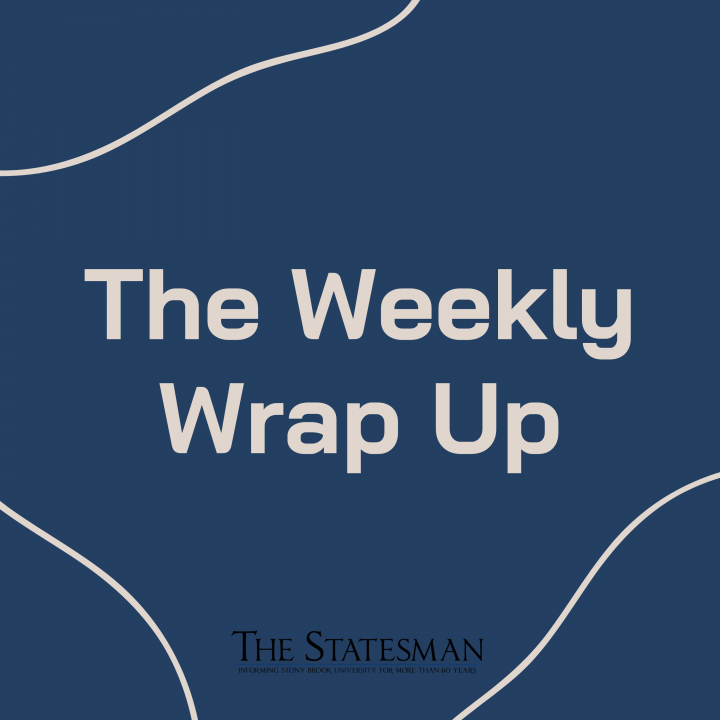In the end, the book that had proved so divisive brought students together in a circle.
On a Monday afternoon last month, officials and professors at the University of North Carolina at Chapel Hill led most of the college’s 4,000 entering freshmen and transfer students in discussions of a scholarly book about the Koran. The two-hour seminars, of about 30 students each, took place after federal courts rejected attempts by a Christian group to block the discussions.
The court’s decision ended a chapter of controversy over the university’s selection of Approaching the Qur”aacute;n: The Early Revelations (White Cloud Press, 1999), by Michael A. Sells, a professor of religion at Haverford College, as required reading for new students.
That day, James C. Moeser, the university’s chancellor, sounded victorious.
“Academic freedom is safe at North Carolina,” Mr. Moeser said, describing the book as “yeast for the bread of discussion.”
“We’re doing the right thing,” he added. “We’re asking the right questions.”
Yet critics of the assignment said that the university was forcing answers on students. All incoming students were told in May to read the book over the summer in preparation for the seminars. Students were asked to write a one-page response to one of the suras, or chapters of the Koran, as presented in Mr. Sells’s book. Those who felt uncomfortable about the assignment were allowed to opt out and write a one-page essay explaining their objections. Attendance was not taken at the sessions, and the assignments were not graded. Most students showed up, university officials said.
Encountering the Koran
On a campus with relatively few Muslim students, the book seemed like a good doorway into dialogues about Islam. In his introduction, Mr. Sells writes that his purpose “is neither to refute nor to promote the Qur”aacute;nic message. Rather, the goal is to allow those who do not have access to the Qur”aacute;n in its recited Arabic form to encounter one of the most influential texts in human history in a manner that is accessible.”
But the Virginia-based Family Policy Network, the Christian group, said that the university was attempting to proselytize and to paint a rosy portrait of Islam. In July, two members of the group and three incoming Chapel Hill freshmen filed a federal lawsuit against the university, arguing that the assignment blurred the line of church-state separation required by the U.S. Constitution. The three anonymous students were listed as John Doe No. 1, an evangelical Christian; John Doe No. 2, a Catholic; and Jane Roe, a Jew.
A federal district judge in North Carolina denied the plaintiffs’ request for an injunction to halt the discussions, as did the U.S. Court of Appeals for the Fourth Circuit in Virginia.
Yet the legal challenges stoked a fiery national debate over academic freedom and over how a university should engage students in discussing controversial topics following September 11. A number of television commentators argued that Mr. Sells’s book –‘ which includes translations and analyses of parts of the Muslim holy text –‘ glossed over controversial segments of the Koran, including those that preach violence against nonbelievers. Some state legislators criticized the university, and the Appropriations Committee of the North Carolina House of Representatives voted to deny public funds to the freshman reading program unless all other religions were added in an “equal or incremental way.”
Days later, the university system’s Board of Governors failed to pass a resolution defending academic freedom, angering many faculty members who could not fathom how a 200-page book had caused a national stir.
The debate was of particular interest to a number of colleges and universities that have recently developed summer reading programs for freshmen in an attempt to add some intellectual heft to orientation. Faculty members who oversee those programs generally agree that provocative –‘ and potentially controversial –‘ books work best.
‘What’s the Big Deal?’
Many students here seemed puzzled by the uproar.
“It’s like, whoa, what’s the big deal?” asked one student in 302 Bingham Hall, a classroom in which Mr. Moeser, the chancellor, led a discussion of the book.
Another student agreed, describing the assignment as a “challenge to prove you’re out there to learn.”
“I’m embarrassed for the state of North Carolina, because I worry that opposition to the book has made us look like a bunch of bigots,” said Matt Campbell, a freshman from Charlotte. “By assigning this book, UNC isn’t telling us how to think. It’s not like we’re going to be praying to Mecca every day now.”
Mr. Moeser told the group that the purpose of the assignment was to promote “honest but civil discourse,” and he urged them to disagree with one another during the seminar. But while students seemed well prepared and the discussion was lively, there was little disagreement.
Gathered beneath a blackboard that had been wiped clean for a new semester, students calmly discussed the meanings of various suras, comparing them to themes in the Bible, to their personal experiences, even to Beatles songs. The dialogue, which proceeded quietly over the wheeze of a window air conditioner, generally sounded like a discussion that might be overheard in any introductory course on comparative religions. At one point, students were asked to read and compare Sura 85, a chapter in the Koran, to Psalm 19 from the Bible. Mr. Campbell likened comparing the two religions to asking several people to draw a picture of the same person.
“You’ll end up with no two drawings alike, even though everyone’s drawing the same thing,” Mr. Campbell said. “Looking at the Koran, it’s interesting to see how many similarities to Christianity there are.”
Mr. Moeser concluded the discussion by playing portions of a compact disc, “The Call to Prayer and Six Suras,” that accompanies the Sells book. Only then, as the sound of Koranic reciters’ chanting emanated from a boombox, did some students begin to eye the clock.
Mr. Moeser and other faculty members said that they were prepared to hold the discussions off the campus if the court had blocked the university-sanctioned seminars. Although such a move was not necessary, about 100 students and faculty members gathered in the afternoon at a central campus plaza, known as the Pit, for a rally advertised as a “Speak-In for Free Speech.”
A number of students and faculty members who spoke referred to past battles.
Beginning in the McCarthy era, the Chapel Hill campus faced numerous controversies over academic freedom, culminating in 1963 when Communist speakers were barred from state campuses in a secret meeting of the North Carolina legislature. University leaders fought the law, which threatened the system’s accreditation and was eventually overturned by the U.S. Supreme Court –‘ but not before humiliating Chapel Hill among academics.
Speaking to a group of student supporters holding placards that read “The Only Enemy Is Ignorance,” Chuck Stone Jr., a professor of journalism, said, “We must uphold the right to disagree and dissent … to disagree and come together as a community.”
Doing the Devil’s Work?
While the speakers at Monday’s rally addressed the crowd from a podium, some students swarmed around Gary Birdsong, a self-described Baptist campus preacher who was standing nearby. Hoisting a sign that read, “Reality: Heaven or Hell … It’s your choice,” Mr. Birdsong condemned the reading assignment and said that “UNC represent[ed] the Devil.”
“This assignment is very troubling,” Mr. Birdsong said. “If they let a book about the Koran come in here, they should let a book about the Bible come in here.”
Many students were angry at Mr. Birdsong’s insistence
that non-Christians worshiped “false gods,” and some began reading portions of Mr. Sells’s book aloud in an attempt to drown out his words. For several minutes, Nimasheena Burns, a freshman from St. Paul, N.C., argued nose-to-nose with Mr. Birdsong.
“I’m a Christian, and I love the Bible more than anything, but there’s nothing wrong with people reading about another religion,” Ms. Burns said. “As an African-American woman, I don’t have time for people looking down on anyone because of who they are or what they believe.”
She added: “I once read a book about green eggs and ham, but that doesn’t mean I believe in those things.”
Ms. Burns said that the book answered a lot of questions about the Muslim faith.
Her one complaint –‘ one that was shared by several other students –‘ was that the assigned text did not deal explicitly with the more controversial parts of the Koran. In the discussion groups, a number of students said they had scoured Mr. Sells’s book for evidence of “where the terrorists [of September 11] went wrong.”
Nonetheless, many students agreed that the book was a good starting point for discussions between Muslims and non-Muslims.
“After 9/11, so many people came up to me saying, ‘Look, we know nothing about Islam. Teach us.’ And that’s why this assignment is great,” said Nadia Siddiqui, a fourth-year dental student and former president of the campus’s Muslim Student Association. “The school took a stand. They wanted to fight ignorance. That’s what a university should be doing.”
‘Double Standard’
R. Joseph Glover, president of the Family Policy Network, said he was “upset” with the court’s decision, calling the university’s actions “Islamic indoctrination.”
He said that he didn’t mind students’ talking about Islam, but that his group objected to the fact that only one book was assigned and that the reading was “required.”
“There’s a double standard with regard to religious indoctrination,” said Mr. Glover. “If it’s Jewish or Christian, it’s not allowed, but if it’s a skewed, whitewashed presentation of Islam, it’s just dandy, because it’s enlightenment.”
(At UNC, students do read the Bible as well as the texts of other religions in a number of classes offered by the university’s large religious-studies department.)
Mr. Glover said that despite the failed attempts to stop the discussion, his group has no plans to drop the lawsuit against the university. Citing privacy concerns, Mr. Glover declined The Chronicle’s repeated requests to interview one or more of the UNC student-plaintiffs.
The flap at Chapel Hill has alarmed the leaders of other institutions, some of whom have lent their support to Chapel Hill. In an August 14 letter to Sue E. Estroff, chairwoman of UNC’s Faculty Council, Duke University’s president, Nannerl O. Keohane, wrote, “At a time when our nation is focused on challenges that directly threaten the freedoms that make our country a model for the world, it is useful to remember those who have attacked us would move quickly to prohibit free discussion. It is all the more important, therefore, that we stand firm, as you and your colleagues have done, in defending core values which throughout history have characterized the very best institutions of higher education.”
More Legal Challenges?
Yet there are indications that other institutions also could face legal challenges over assigned readings for freshmen on controversial topics.
Last month, Baltimore’s Sun newspaper reported that the lead counsel in the case against Chapel Hill was considering legal action against the University of Maryland at College Park, on behalf of another Christian group. Maryland plans to distribute 10,000 copies of the The Laramie Project (Vintage Books, 2001) –‘ a play by Mois’eacute;s Kaufman about the killing of a gay college student, Matthew Shepard –‘ to all incoming freshmen and students living on campus in September.
“This assignment raises the specter of the imposition of the orthodoxy of belief,” says Stephen M. Crampton, chief counsel for the American Family Association, a Christian group based in Tupelo, Miss. “Here, the University of Maryland is singling out one religion for criticism, Christianity, that holds homosexuality as immoral. That is treating academic freedom as an excuse to indoctrinate.”
Although some legal observers doubt that such a case would have much merit, Mr. Crampton insists that his interest in the assignment at Maryland is “no passing fancy.” He says his organization is compiling “background research” for a possible lawsuit and attempting to contact freshmen at the university in search of potential plaintiffs who object to the book.
Linda K. Coleman, an associate professor of English at Maryland who served on the selection committee, expected the play to provoke some protest, but says that the work includes a range of different views.
“A bland book would be a disaster,” Ms. Coleman says. “The idea is not to get students to think a certain way, but to get them to think critically.”
It is too soon to tell if the recent scrutiny of reading assignments at North Carolina and Maryland will lead to further challenges to academic freedom, or whether these cases are merely muscle-flexing by a handful of Christian groups.
At Chapel Hill, faculty members expect that the system’s board will formally endorse academic freedom at its September 13 meeting now that a resolution has gone through a formal committee process.
Mr. Moeser, the chancellor, says he has learned as much from the response to the book as he did from the book itself.
“The reaction to this assignment tells us that there is a great deal of fear in this country, fear of the unknown, which leads to gross generalization and stereotypes,” Mr. Moeser said. “We’ve lifted a rock, and under it we’re seeing the snakes and scorpions of our own culture.”













